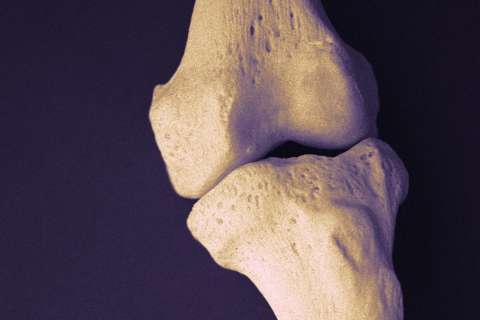Dear Doctors: I’ve read that a study found that elderly patients with female doctors fared better than those who were treated by men. I wonder – what do Dr. Ko and Dr. Glazier think about these results?
You’re referring to the results of a study performed by Harvard researchers, published in December 2016 in the journal JAMA Internal Medicine. To say that it’s causing a bit of a stir is an understatement.
Researchers analyzed data from more than 1.5 million Medicare patients 65 and older who were hospitalized between January 2011 and December 2014. What they found was that patients whose doctors were women were less likely to be readmitted to the hospital in the next 30 days, and had lower mortality rates than the patients who were treated by men.
This particular study didn’t look into the reasons why, but the authors cited prior studies that found differences in how women and men practice medicine. Specifically, prior research suggests that female doctors are more likely to adhere to clinical guidelines, provide more preventative care, and communicate more effectively than their male peers.
The Harvard study was prompted, in part, by the fact that women doctors now account for one-third of all physicians and one-half of medical students. Researchers were interested to learn whether career interruptions to start a family, the challenges of home-life balance, and the resulting increase in part-time employment might compromise the quality of care.
So what did we think of the results?
Dr. Glazier:
My gut reaction is that it is very hard to generalize. As a patient, I have had both men and women who were extraordinary and compassionate physicians. And I have had teachers, mentors and colleagues who are exceptional, irrespective of their gender.
Considering that this is a single study of modest statistical significance, I don’t give it tons of credence. What I would say is that it paramount to find a doctor with whom who you connect both personally and professionally, someone who is compassionate, kind, and smart, all qualities that transcend gender.
Dr. Ko:
As a female physician early in my career, I am naturally delighted to hear the findings. Medicine has historically been dominated by men, who have been seen as more intelligent and more capable than women. The results are validating, and confirm my role to perform this noble work.
The authors admit they can’t answer the question “why?” But since prior studies suggest that women tend to communicate better, listen more effectively and have more emotional intelligence, then the message here is that communication is key. Our training of young physicians should focus on honing these skills and exemplifying these qualities.
The danger is that some patients may oversimplify these results, assuming that to prevent death and re-hospitalization, they need a female physician. But the truth is that there are as many male physicians who are wonderful, compassionate communicators as there are women physicians who lack those qualities.
What I do hope is that male physicians will take a cue from these results to embrace the qualities and behaviors of women physicians which may contribute to better care.
Eve Glazier, MD., MBA, and Elizabeth Ko, MD., are internists and assistant professors of medicine at UCLA Health.
Ask the Doctors is a syndicated column first published by UExpress syndicate.





